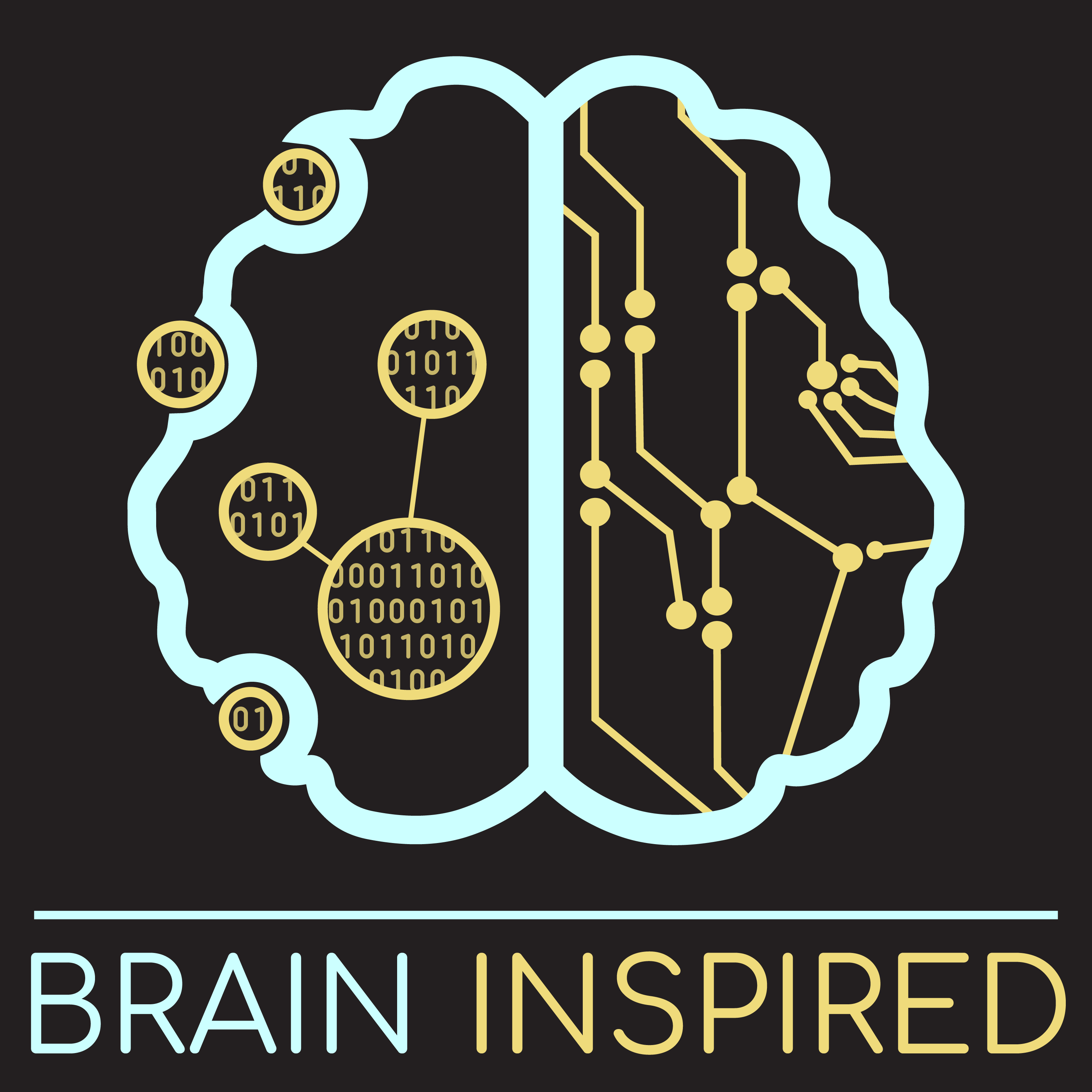BI 161 Hugo Spiers: Navigation and Spatial Cognition
Description
Support the show to get full episodes and join the Discord community.
Check out my free video series about what's missing in AI and Neuroscience
Hugo Spiers runs the Spiers Lab at University College London. In general Hugo is interested in understanding spatial cognition, like navigation, in relation to other processes like planning and goal-related behavior, and how brain areas like the hippocampus and prefrontal cortex coordinate these cognitive functions. So, in this episode, we discuss a range of his research and thoughts around those topics. You may have heard about the studies he's been involved with for years, regarding London taxi drivers and how their hippocampus changes as a result of their grueling efforts to memorize how to best navigate London. We talk about that, we discuss the concept of a schema, which is roughly an abstracted form of knowledge that helps you know how to behave in different environments. Probably the most common example is that we all have a schema for eating at a restaurant, independent of which restaurant we visit, we know about servers, and menus, and so on. Hugo is interested in spatial schemas, for things like navigating a new city you haven't visited. Hugo describes his work using reinforcement learning methods to compare how humans and animals solve navigation tasks. And finally we talk about the video game Hugo has been using to collect vast amount of data related to navigation, to answer questions like how our navigation ability changes over our lifetimes, the different factors that seem to matter more for our navigation skills, and so on.
Spiers Lab.
Twitter: @hugospiers.
Related papers
Predictive maps in rats and humans for spatial navigation.
From cognitive maps to spatial schemas.
London taxi drivers: A review of neurocognitive studies and an exploration of how they build their cognitive map of London.
Explaining World-Wide Variation in Navigation Ability from Millions of People: Citizen Science Project Sea Hero Quest.
More Episodes
Support the show to get full episodes and join the Discord community.
Jolande Fooken is a post-postdoctoral researcher interested in how we move our eyes and move our hands together to accomplish naturalistic tasks. Hand-eye coordination is one of those things that sounds simple and we...
Published 05/27/24
Published 05/27/24
Support the show to get full episodes and join the Discord community.
Recently I was invited to moderate a panel at the annual Computational and Systems Neuroscience, or COSYNE, conference. This year was the 20th anniversary of COSYNE, and we were in Lisbon Porturgal. The panel goal was...
Published 04/20/24


